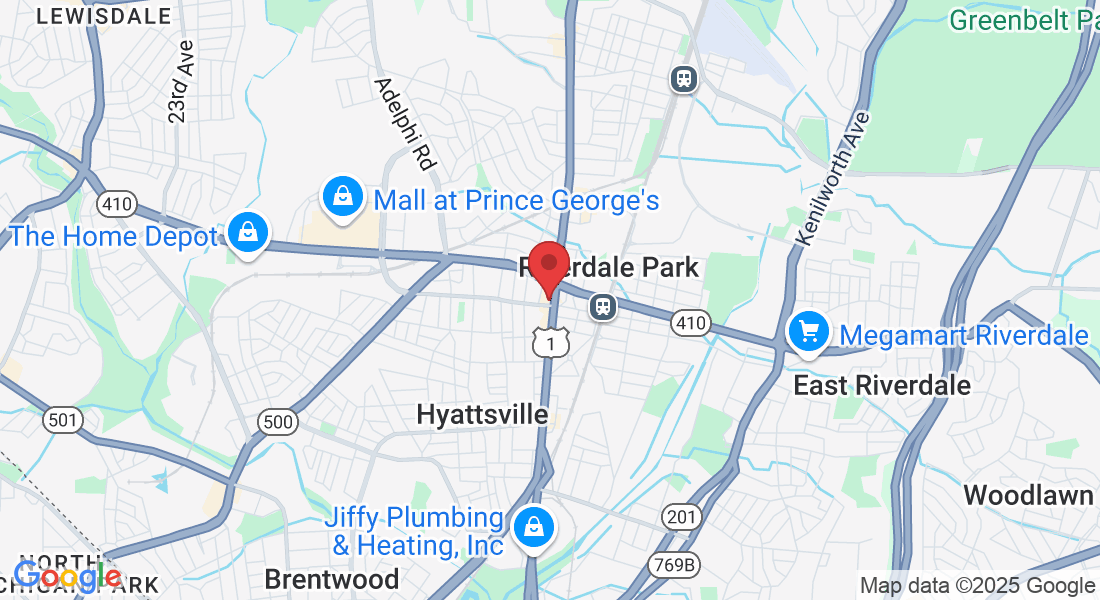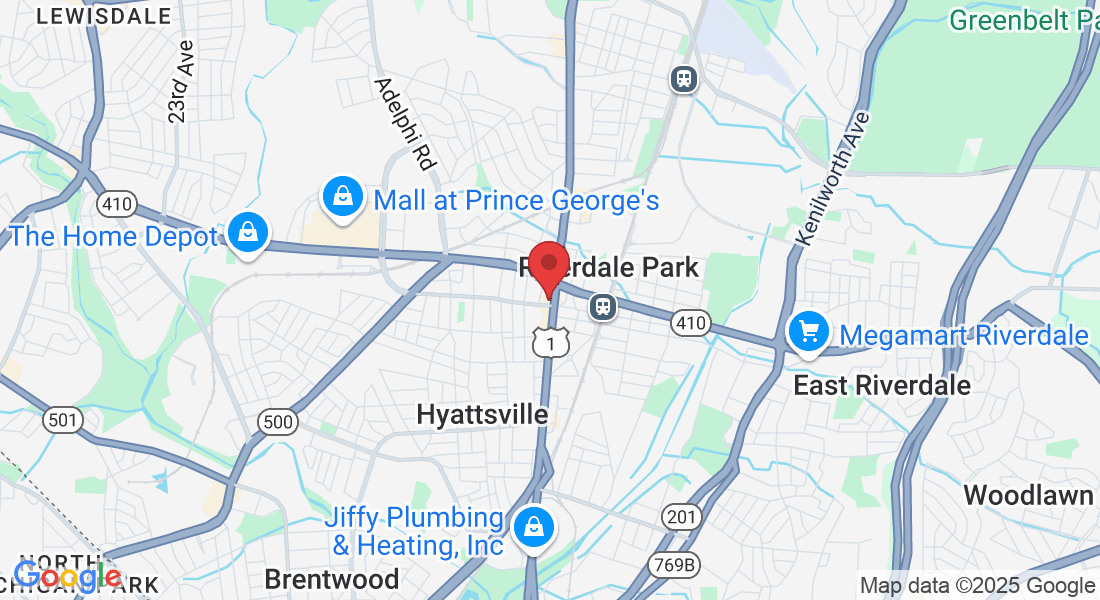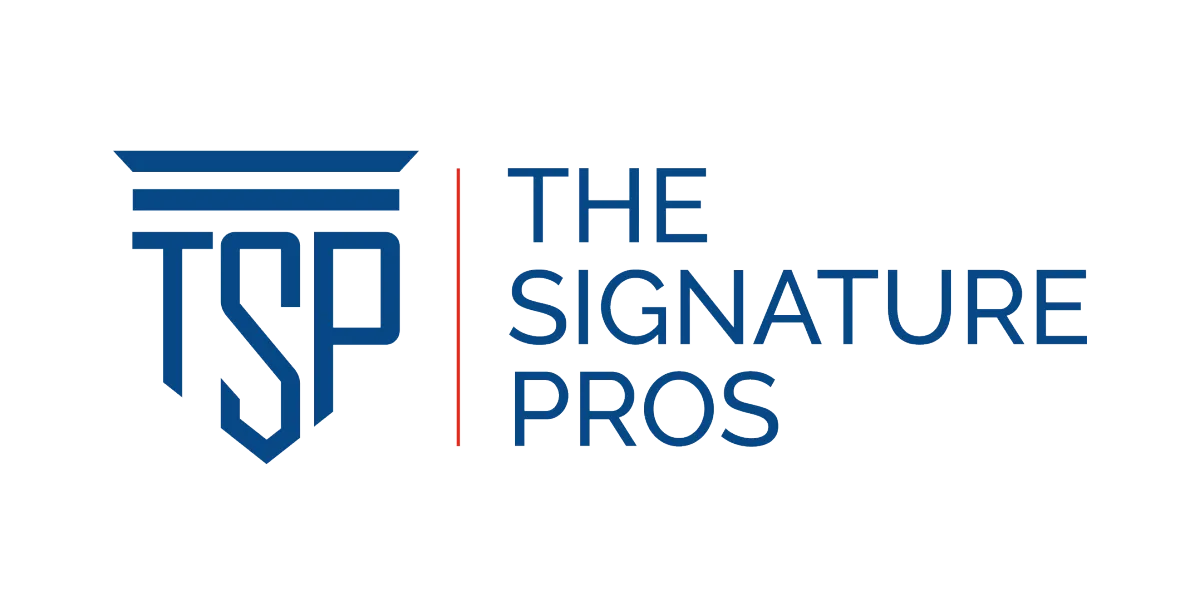
The Notarial Process
Explore the intricate world of notarization with our detailed notarial processes. Here, you'll find comprehensive insights into the essential aspects of notarization to ensure your documents are properly handled and authenticated. Our goal is to provide you with a clear understanding of what to expect and how to navigate the notarial process confidently.
How to Prepare for Your Mobile Notary Appointment
Notice: If you are an attorney who needs a notary and/or witness for your client, please visit our attorney services page.
What to Expect During Your Remote Online Notary Appointment
Notice: If you are an attorney who needs a notary and/or witness for your client, please visit our attorney services page.

What is a Notarial Act?
A notarial act is when a notary identifies (1) signer by means of government-issued identification with a photo and signature; verifies the signer's competency and awareness by direct interaction and observes that the signer is not under duress; asks the signer to take an oath or make a declaration. Then, the notary notarizes (1) notarial certificate (a.k.a. the notarial language on the document; could be seen more than once on one document) with his or her signature and commission stamp. Finally, the notary enters the signer's information into their journal. To perform (1) notarial act with (1) signer, the process could take approximately 10 to 15 mins.
How to Determine a Notarial Act
If you are still unclear about how to determine a notarial act connect with a staff member by giving us a call and selecting the option to speak with a staff member.
How to Determine a Notarial Act
If you are still unclear about how to determine a notarial act connect with a staff member by giving us a call and selecting the option to speak with a staff member.
Types of Notarial Acts
There are six types of notarial acts that a notary public in Maryland may perform. Those acts are as follows:
(1) Take an acknowledgment of a record;
(2) Take a verification on oath or affirmation or a statement;
(3) Witness or attest to a signature;
(4) Certify or attest a copy of a record or an item that was copied;
(5) Certify that a tangible copy of an electronic record is an accurate copy of the electronic record; and
(6) Make or note a protest of a negotiable instrument in accordance with Commercial Law Article § 3–505(b), Maryland Annotated Code.
It is a requirement that all documents notarized by a notary public contain notarial language/certificate compliant with Maryland law. If a document lacks the minimum short form notarial language the notary public must attach a loose notarial certificate or add the notarial language/certificate directly onto the document.
Notarial Certificates

Certificate Requirements
In Maryland, a requirement related to notarial certificates took effect on October 1, 2020. This change mandates that when notarizing a document, the notarial act must include a notarial certificate appropriate to the specific situation. The notarial certificate can be affixed directly onto the document with a stamp or handwritten, or a loose certificate can be attached to the document with a staple by the Notary Public.
Types of Notarial Certificates
Disclaimer on Sample Notarial Certificates:
The sample notarial certificates provided on this website are for demonstration and educational purposes only. The Signature Pros is not a law firm and does not provide legal advice. The wording of notarial certificates can vary depending on state laws, document type, and circumstances. It is the responsibility of the document signer (or their attorney) to determine whether a notarial certificate is required, and if so, which type is appropriate. If you are uncertain about which certificate to use, you should seek guidance from a licensed attorney or the receiving agency.
If you choose to use any of the sample notarial certificates shown here, you do so at your own risk, and no liability shall be placed on The Signature Pros for any consequences of such use.
Individual Acknowledgement
The individual acknowledgment certificate is used when an individual is signing and acknowledging on his or her own behalf.
How do you determine when your certificate is an acknowledgment?
To determine if a notarial certificate requires the Notary Public to perform a notarial act called an acknowledgment, pay attention to phrases like "acknowledged" or "acknowledges," indicating that the signer has declared they willingly and knowingly signed the document.
Sample Individual Acknowledgement Notarial Certificate
State of [The state the notarization takes place in]
County of [The county the notarization takes place in]
On this [Day] day of [Month], [Year], before me, the undersigned Notarial Officer, personally appeared [Signatory Name], known to me (or satisfactorily proven) to be the person(s) whose name(s) is/are subscribed to the within instrument and acknowledged that they executed the same for the purposes therein contained.
In witness whereof, I hereunto set my hand and official seal.
________________________
Signature of Notarial Officer
________________________
Title of Notarial Officer
________________________
My Commission Expiration Date
Representative acknowledgement
The representative acknowledgment certificate may be used when an individual is signing and acknowledging on behalf of another person or on behalf of a legal entity such as a corporation, partnership, trust, etc. (Resource: National Notary Association)
How do you determine when your certificate is an acknowledgment in the representative capacity?
To determine if a notarial certificate requires the Notary Public to perform an acknowledgment for a person acting in a representative capacity, look for specific phrases and clauses in the certificate. These include "as the representative of," "on behalf of," or mentions that the signer "acknowledged that they executed the same in their representative capacity." These indicators confirm that the signer is not just acting on their own behalf but is legally authorized to sign for an entity or another individual. Such certificates require the Notary Public to verify not only the identity of the signer but also their authorized capacity to act for the named party in the document.
Sample Representative Acknowledgement Notarial Certificate
State of [The state the notarization takes place in]
County of [The county the notarization takes place in]
On this [Day] day of [Month], [Year], before me, the undersigned Notary Public, personally appeared [Representative Name], as the representative of [Entity Name/Individual Name], known to me (or satisfactorily proven) to be the person(s) whose name(s) is/are subscribed to the within instrument and acknowledged that they executed the same in their representative capacity for the purposes therein contained.
In witness whereof, I hereunto set my hand and official seal.
________________________
Signature of Notarial Officer
________________________
Title of Notarial Officer
________________________
My Commission Expiration Date
Verification on Oath or Affirmation of a Statement
The verification on oath or affirmation certificate may be used when an individual is signing and swearing (or affirming) that certain written statements are true.
How do you determine when your certificate is a verification on oath or affirmation?
To determine if a notarial certificate requires the Notary Public to perform a notarial act called an oath or affirmation, pay attention to phrases like "being duly sworn" or "being duly affirmed", indicating that the individual has sworn (under oath) or affirmed to the truthfulness of their statements.
Sample Verification on Oath or Affirmation of a Statement Notarial Certificate
State of [The state the notarization takes place in]
County of [The county the notarization takes place in]
On this [Day] day of [Month], [Year], before me, the undersigned Notarial Officer, personally appeared [Signatory Name], who, being duly sworn (or affirmed), declared that the statements made in the foregoing document are true and correct to the best of their knowledge and belief.
In witness whereof, I hereunto set my hand and official seal.
________________________
Signature of Notarial Officer
________________________
Title of Notarial Officer
________________________
My Commission Expiration Date
Certify or Attest A Copy of A Record
The copy certification certificate may be used by Notaries to certify true copies of original documents — if state law so allows. The Notary must carefully compare the copy that is being certified to the original, and, whenever possible, personally make the copy. The original should not be a public record nor a publicly recordable document, such as a birth certificate or deed
How do you determine when your certificate is a copy certification?
To determine if a notarial certificate requires the Notary Public to perform a notarial act known as a certify or attest a copy of a record (a.k.a. copy certification), look for phrases like "declared that the attached photocopy is a true and accurate reproduction of the original document" or "certifies that this is a true copy of the original." These phrases indicate that the document being notarized is a copy and that the individual presenting it asserts its accuracy in relation to the original document. Unlike acknowledgments or oaths, copy certifications focus on verifying the authenticity of a document copy, without any sworn statement about the content's truthfulness.
Sample Certify or Attest A Copy of Record
State of [The state the notarization takes place in]
County of [The county the notarization takes place in]
On this [Day] day of [Month], [Year], before me, the undersigned Notary Public, personally appeared
[Signatory Name], who presented the document described herein and declared that the attached photocopy is a true and correct copy of the original document.
I, [Notary Public], certify that this is a true and correct copy of a record in the possession of (name of the person who possesses the record).
In witness whereof, I hereunto set my hand and official seal.
________________________
Signature of Notarial Officer
________________________
Title of Notarial Officer
________________________
My Commission Expiration Date
Signature Witnessing
Witnessing a signature may be used in circumstances where the date of the signing is of crucial importance.
How do you determine when your certificate is a signature witnessing?
To determine if a notarial certificate requires the Notary Public to perform a notarial act called signature witnessing, look for specific phrases like "personally witnessed [Signatory Name] sign the document" or "this act was performed in my presence." These phrases indicate that the notary was physically present and observed the signatory signing the document. Unlike acknowledgments, which confirm identity and willingness, or oaths and affirmations that certify truthfulness, signature witnessing focuses solely on the act of observing the signing process to ensure that it is performed by the designated individual under no duress or coercion.
Sample Signature Witnessing notarial Certificate
State of [The state the notarization takes place in]
County of [The county the notarization takes place in]
On this [Day] day of [Month], [Year], before me, the undersigned Notarial Officer, personally witnessed [Signatory Name] sign the document presented. This act was performed in my presence, and the signatory appeared to be of sound mind and capable of making this decision freely and willingly.
In witness whereof, I hereunto set my hand and official seal.
________________________
Signature of Notarial Officer
________________________
Title of Notarial Officer
________________________
My Commission Expiration Date
Signature Attestation
An attesting a signature certificate is used to determine that the signature appearing on a document is that of the person appearing before the Notary and named in the document.
How do you determine when your certificate is a signature attesting?
To determine if a notarial certificate requires the Notary Public to perform a notarial act called signature attesting, look for phrases like "I hereby attest to the authenticity of the signature" or "based on personal knowledge or satisfactory evidence." These phrases indicate that the notary is not actually witnessing the act of signing but certifying the authenticity of the signature that has already been executed on the document based on their authority and knowledge. Unlike an acknowledgment, which confirms a signer's identity and voluntary execution of the document, or an oath/affirmation that requires verbal confirmation of truthfulness, signature attesting emphasizes the notary's role in validating the legitimacy of the signature itself.
Sample Signature Attestation Notarial Certificate
State of [The state the notarization takes place in]
County of [The county the notarization takes place in]
On this [Day] day of [Month], [Year], before me, the undersigned Notarial Officer, personally attended the signing of the document by [Signatory Name].
I hereby attest to the authenticity of the signature based on personal knowledge or satisfactory evidence. The signatory appeared to understand the nature of the document and attested to signing it.
In witness whereof, I hereunto set my hand and official seal.
________________________
Signature of Notarial Officer
________________________
Title of Notarial Officer
________________________
My Commission Expiration Date
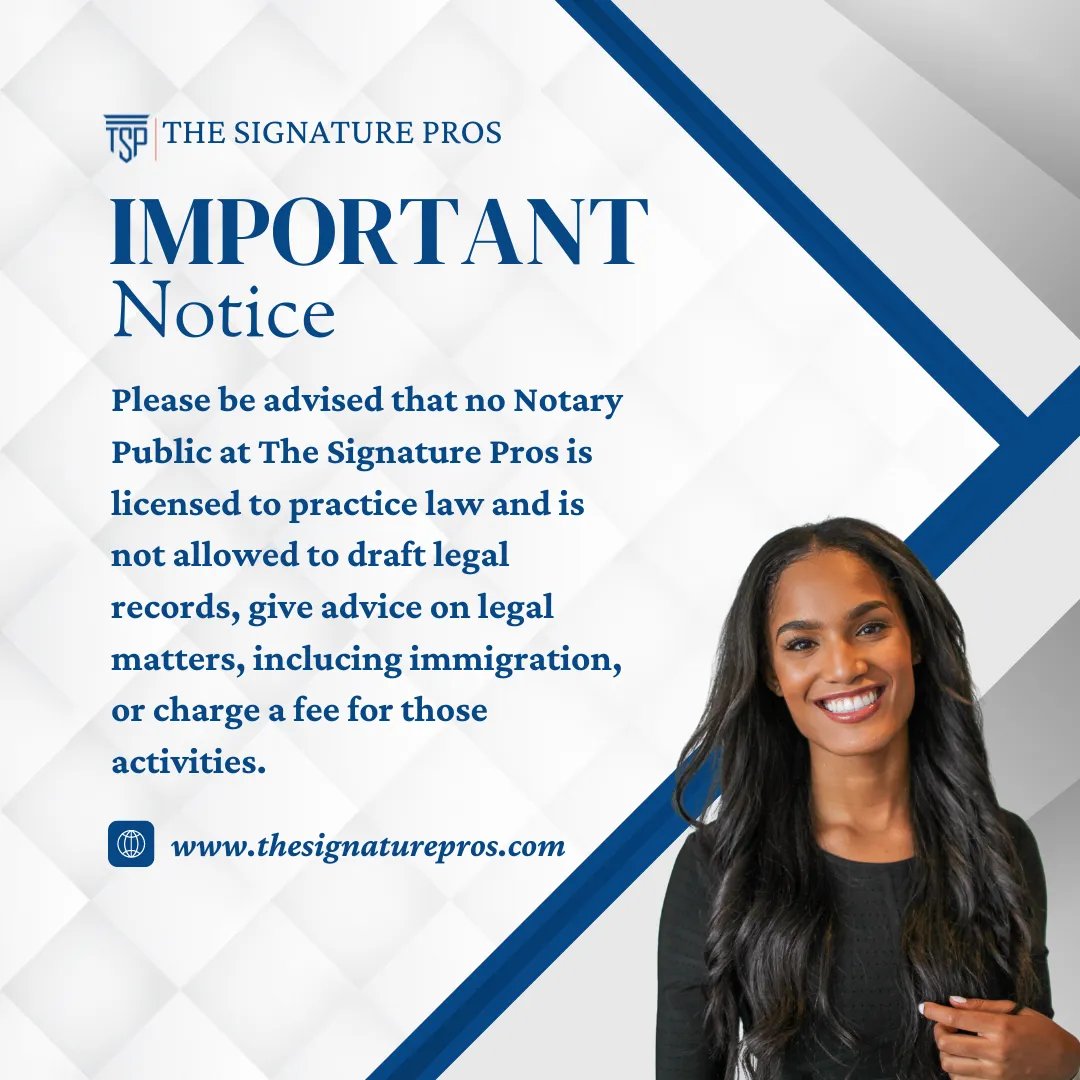
Pursuant to State Gov't Art. §§ 18-224
A notary public is not authorized to select the notarial certificate for the signer. If the signer does not know what type of notarial certificate is needed to complete the notarization, the signer must consult with the organization that will receive the notarized document or the notary public can complete the notarial act with a certificate called Witnessing Signature.
Journal Compliance
In compliance with Maryland laws and regulations, it is mandatory for notaries to maintain a comprehensive journal of all notarial transactions. The elements that must be captured in each journal entry include:
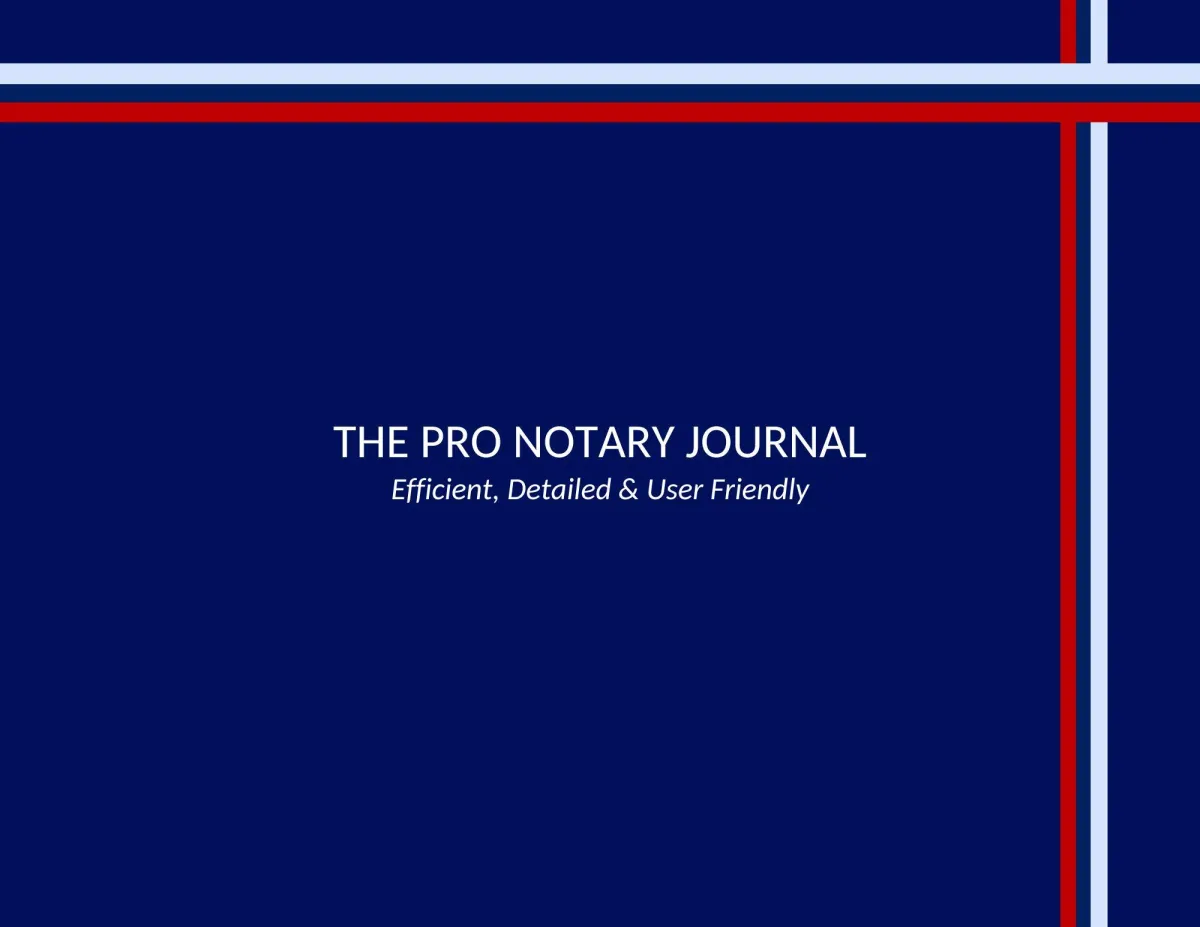
Elements of Journal Entries
Date and Time: The precise date and time the notarial act took place.
Record Description: A detailed description of the document notarized.
Notarial Act Type: The type of notarial act performed.
Signer's Details: Full name and address of each individual for whom the notarial act was performed.
Identification Method: Whether the identity of the individual is based on personal knowledge or satisfactory evidence provided. A brief description of the method of identification (personally known to the notary or satisfactory evidence of proof of identity presented to the notary) and the identification credential presented, including the date of issuance, expiration date, and identification number (e.g., driver's license number).
Fee Details: The fee charged for the notarial act. If no fee is charged, this should be indicated.
Presence Indication: Whether the individual making the statement or executing the signature appeared in the physical presence of the notary or remotely by means of communication technology.
Step 1: Get Started with your Request!
We're here to make your notarization process smooth and hassle-free, whether it's for mobile or remote online notarization a professional team member is ready to assist you with your document needs. To begin, simply fill out the Notarization Request form. Once you've submitted your request, schedule your appointment below. Then, wait for a confirmation call from a team member.

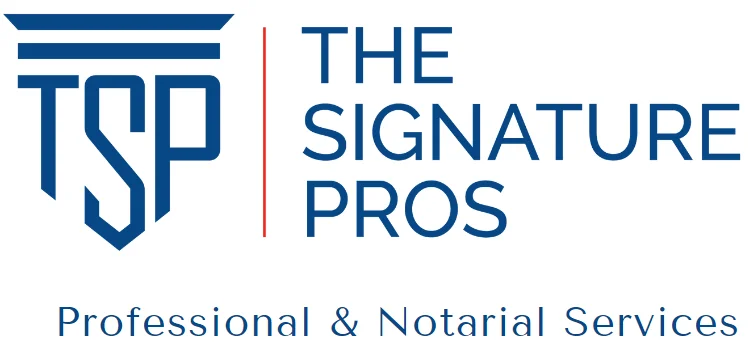
Notary Request Form
Note: A full address is required for both Mobile and Remote Online Notarization services. For Remote Online Notarization, this helps verify your location for compliance purposes.
Quote Notice:
If you’d like to get a rough estimate for Mobile Notarization travel fees, you may use our Mobile Notarization Quote Calculator before submitting this form:
Please note that this is only an estimate. Our team will still review your Mobile Notarization request and provide you with the final quote after review. This link is provided for your convenience and will remain available on this form regardless of the service you select.
You can return to this form after calculating your estimate without losing any details you’ve already entered.
If you do not want to upload your document, please answer the following question.
If you need clarification, please visit our notarial process webpage to learn how to determine what type of notarial language/certificate, will work for your document.

